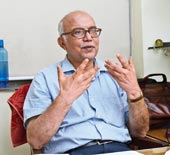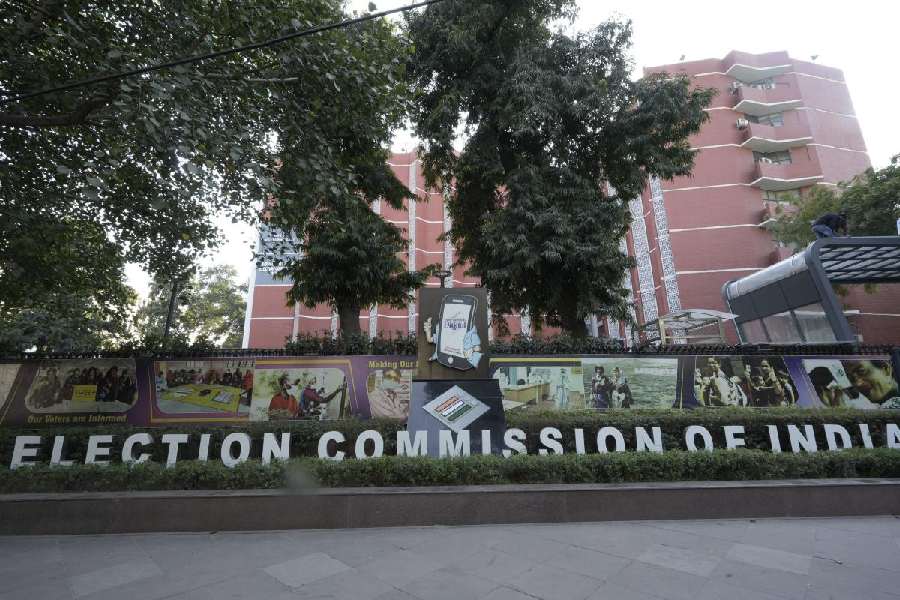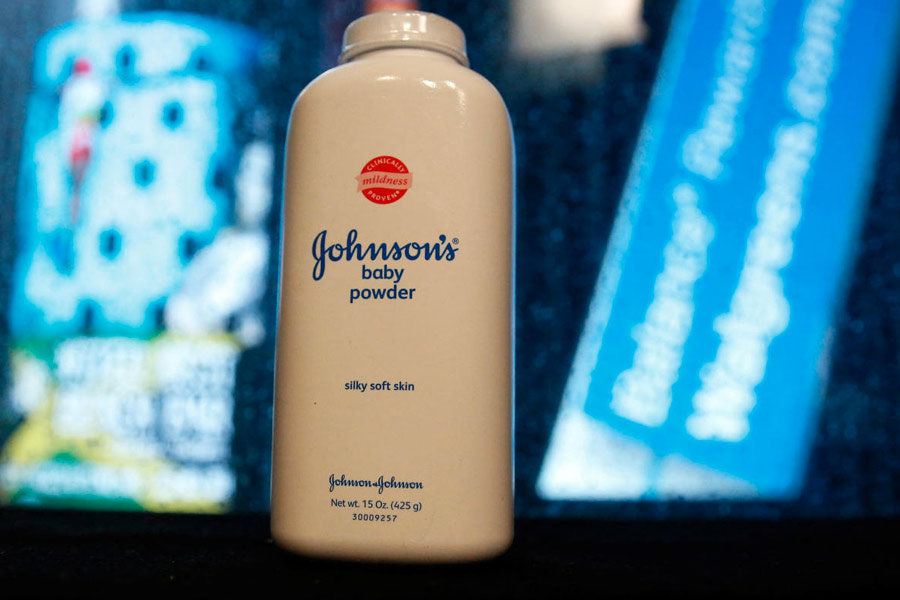
Calcutta: Scientists in Calcutta and Singapore have jointly developed a new type of memory device that promises to overcome limitations of current digital storage and data processing systems as well as bolster progress towards artificial intelligence.
The memory device developed by scientists at the Indian Association for the Cultivation of Science (IACS), Jadavpur, and the National University of Singapore, is based on metal-organic complexes and consumes nearly a thousand times less energy than the existing oxide-based memory systems.
Memory devices form a core hardware component of modern digital electronics and are ubiquitous, be it in computer hard drives, pen drives or mobile phones.
Theoretical support for this work was provided by a team at Yale, led by professor Victor Batista, a theoretical chemist.
"Our device offers superior performance over existing devices," Sreebrata Goswami, an IACS scientist in the team, told Metro.
He said the new memory device appeared to meet criteria for low-cost, improved durability and low energy consumption. These are key features that the computer industry is seeking in the next generation of memory systems to manage vast amounts of electronic data.
Sreebrata's son Sreetosh is also part of the team that has worked at the National University of Singapore. "Right now, we have developed a clear understanding of the device mechanism, which is rare in organic devices," Sreetosh said.
A key issue related to existing oxide-based memory devices is high-performance variability, long switching times, low endurance and poor retention, said IACS student Santi Prasad Rath.
The IACS-NUS team has published their findings in the journal Nature Materials.
A pair of German and American experts in the field have, in a commentary accompanying the IACS-NUS paper, said the new device promises to address limitations that beset oxide-based devices. "The endurance was remarkable, showing no visible degradation after 10 to the power of 12 (a trillion) cycles, which is far beyond (commercial) flash memory and most reported inorganic memristor devices," Ilia Valov from Germany and Michael Kozicki from Arizona State University wrote in their commentary.
Flash memory is an electronic, non-volatile computer storage medium that can be electrically erased and reprogrammed.
Sreebrata said a US patent was being processed jointly by the IACS and NUS on this class of molecules as well as related devices. The scientists are hoping this will pave the way for the commercialisation of these devices.











